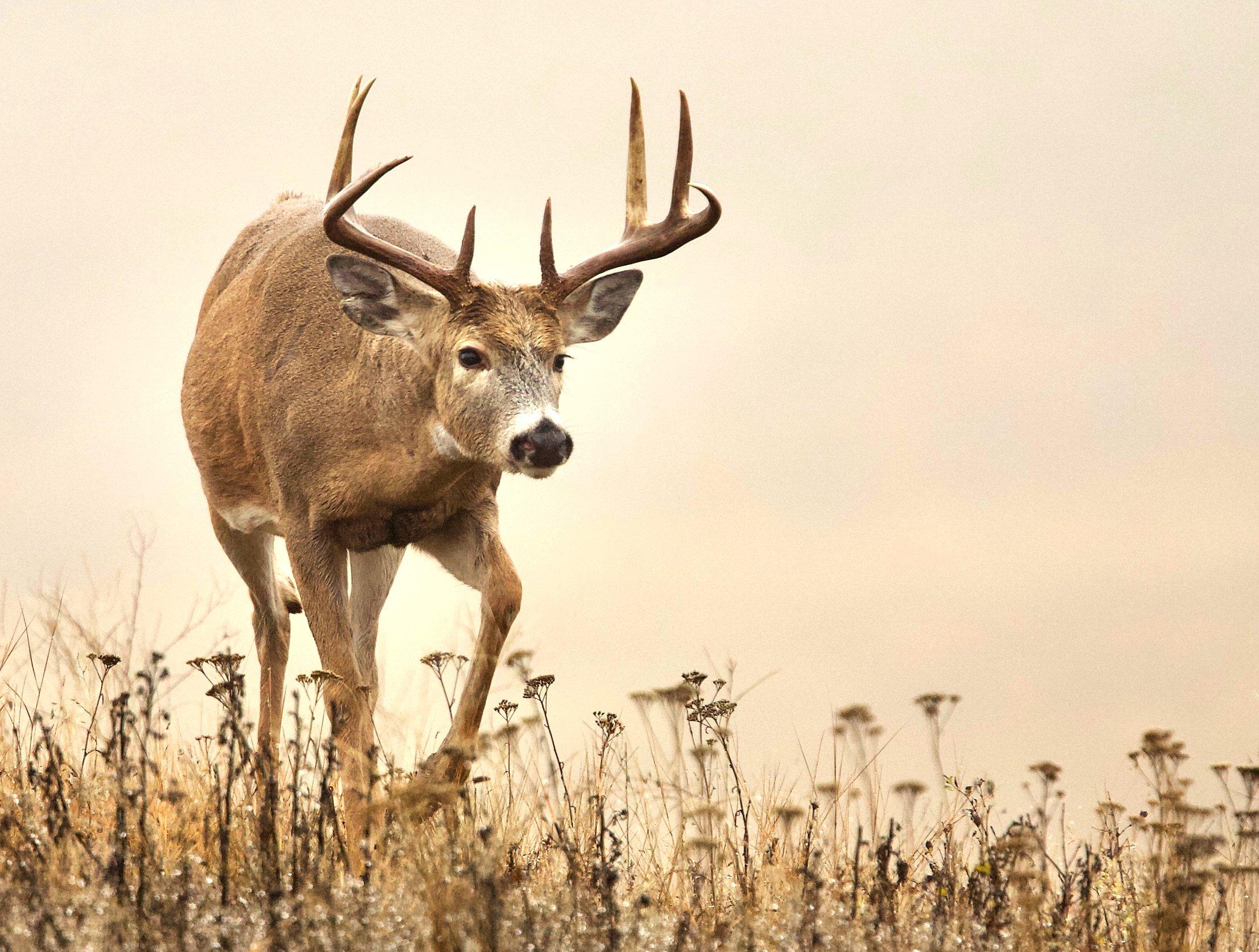If convicted, the three men could face up to five years in prison

If convicted, three South Carolina hunters could face up to five years in prison for bringing a CWD-infected deer into Kansas. Image by Tom Reichner
Three South Carolina hunters are facing federal charges for bringing a CWD-infected deer home after killing it in Kansas.
According to Yahoo News, Sean Robert Paschall, Chad Caldwell Seymore, and Justin Grady LeMaster have been charged with federal wildlife crimes for importing the trophy deer head in 2019, which later tested positive for Chronic Wasting Disease, a fatal disease that has not been detected in South Carolina’s wild population of deer.
It’s a state and federal crime to import deer parts from states that are known to have CWD into states with no known cases of the disease.
Seymore faces two federal counts of unlawfully transporting wildlife, and Paschall and LeMaster face one count. If convicted, the men face could serve up to five years in prison. Lawyers for one of the hunters claim his client was unaware of the law that prohibits importing deer parts from another state.
Hunters can legally bring finished taxidermy products into South Carolina from other states, but when the men realized it was more expensive to get the project done in Kansas than in South Carolina, they decided to bring the entire deer head, as well as other unprocessed deer parts, to South Carolina.
South Carolina is just one of a few Southeastern states with no confirmed cases of CWD in the wild herd.
Charles Ruth, deer biologist with SCDNR, says CWD could be introduced into the state's wild herd when CWD-infected deer parts are dumped into the wild.
“This particular case demonstrates why we have regulations prohibiting these carcass parts from being imported from states [where chronic wasting disease has been found],” said Charles Ruth, a state wildlife department official whose agency worked with the U.S. Attorney’s office.
Ruth said South Carolina is lucky because wildlife officials found the infected deer head before the disease spread into the wild. But, he says the state needs to remain vigilant.










